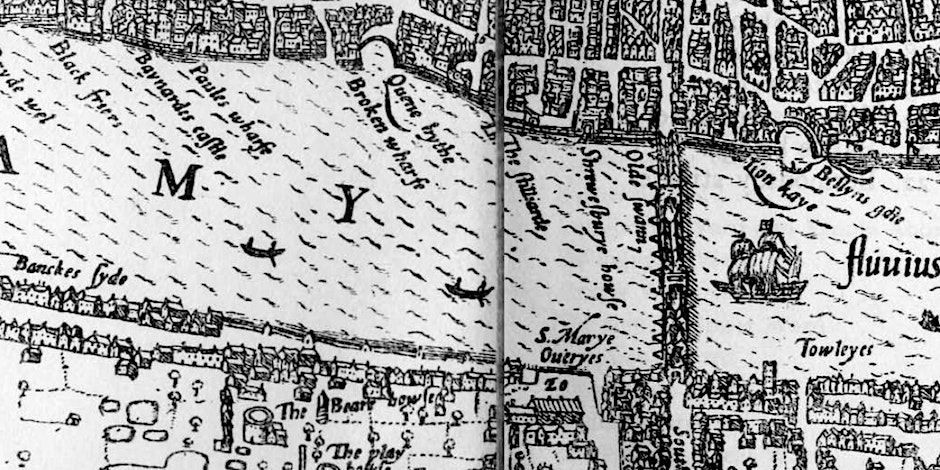To find out about upcoming walks follow
the Naked Anthropologist on Eventbrite
 In June 2023, after completing a course in professional tour-guiding, I have begun offering walks for sale. You can follow me on Eventbrite to know dates, and I’ll be mentioning them in posts. I love learning while walking, whether it’s real street theatre or just the give-and-take of discussing amongst ourselves.
In June 2023, after completing a course in professional tour-guiding, I have begun offering walks for sale. You can follow me on Eventbrite to know dates, and I’ll be mentioning them in posts. I love learning while walking, whether it’s real street theatre or just the give-and-take of discussing amongst ourselves.
My walks will explore:
The Unnamed in History: those whose names were not recorded, the non-famous, the rabble – which means most of us.
Jobs usually ignored by historians, as though the folks that did these jobs were beneath interest: servants, for example, or any kind of work thought of as ‘domestic’ or assigned to women.
I’m not going to focus on royals or nobles and also not on renowned middle-class women, whether they were suffragettes, artists, authors or philanthropists. Other guides cover these women.
Women who will appear regularly include scullery maids, laundresses, professional sex workers, alewives, barmaids, street vendors, part-time prostitutes and all the working-class titles only referred to when discussing men. This is because histories of ordinary folk are full of men’s job titles, implying only men did those jobs. But we don’t know women didn’t work as watermen on taxi-boats called Thames wherries; we don’t know they didn’t work as tanners, skinners or any other occupation, because there were not rules forbidding them. So obviously some or many women did do those jobs.
How can we know about people rarely mentioned in written histories? Traditional ideas hold that you must find and present written/archival evidence, and that’s why the gaps are so large in most accounts. I’ll write about that as I go along, but in short I’m going to talk about lives that are not evidenced in that narrow way. I’ve now spent many a long hour in the Reading Rooms of the British Library, searching and noting how much is missing.
My focus is urban. Walks will mostly happen in London, but not in stereotypical tourist spots. Rather, I’m going to do walks in places where I find interesting histories of ordinary people – and of course sometimes those take place in well-known neighbourhoods.
The way things are now on social media I don’t imagine many folks will see this, but a blog is a diary for oneself as well as others, so I’ll be writing posts on what I do and the ideas involved. The Naked Anthropologist identity will continue.
I haven’t stopped being interested in and caring about migrant sex work, sex workers’ rights or the Rescue Industry. But I don’t want to keep going over old ground, answering the same questions, being annoyed by unchanging injustices. When I began this blog in 2008 there were few talking as I did about migrating women and prostitution, and no one talking about a Rescue Industry because I invented that name. Now many commentators comment on all these things.
My greatest interests continue to centre on how poorer people both get by and conceive of their own problems. From the time I did the historical aspect of research for Sex at the Margins I’ve been an historian – but one who wants to tell histories so far unrecorded or ignored.
I have always been an inveterate walker, and I don’t want to sit in front of screens all the time.
As with all my work for a long time now, I will focus on gender, sex and class in looking at history. If you don’t know my writings on migration, sex work and trafficking, look at the menu at the top of the site, browse All Posts on the sidebar or go straight to my book Sex at the Margins, still selling in its 16th year.
Or please come for a walk with me. The next walk is
Scratching Out a Living: the Medieval Female Proletariat

—Laura Agustín, the Naked Anthropologist
